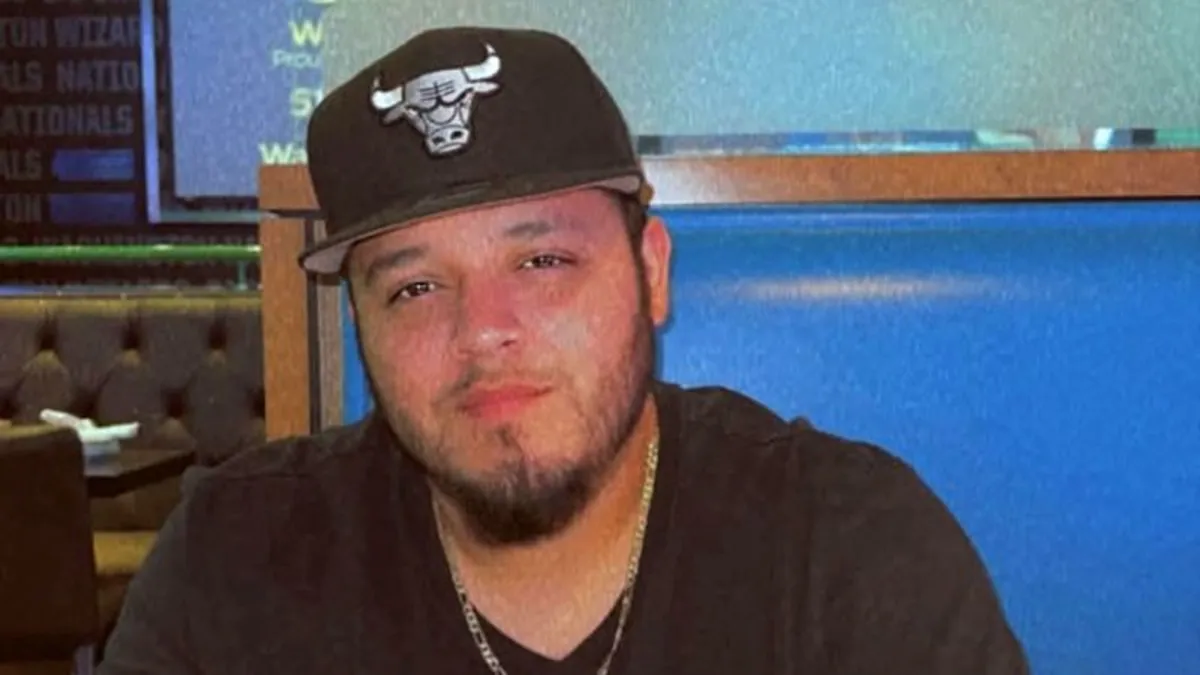
A judge in Tennessee has determined that the Justice Department has not convincingly demonstrated that Kilmar Abrego Garcia should remain in pretrial detention. Despite this ruling, the man, who was mistakenly deported and recently returned to the U.S., is expected to stay in federal immigration custody. Abrego Garcia is currently facing a federal indictment for allegedly smuggling undocumented immigrants across state lines in 2022.
Returned from El Salvador this month, Abrego Garcia's case has attracted significant attention, particularly regarding his due process rights. His court proceedings reflect a broader political climate surrounding immigration enforcement, often characterized by aggressive tactics from the Trump administration. The Justice Department has sought to depict Abrego Garcia as being involved in a gang operation in Maryland, but Magistrate Judge Barbara Holmes, who presided over the case, ruled in his favor.
In her ruling on Sunday, Judge Holmes stated that the government had failed to prove that Abrego Garcia posed a danger to any minor or that he might flee or obstruct justice, as the Justice Department claimed. The judge emphasized that under federal criminal law, the prosecution had not provided sufficient evidence to justify a pretrial detention hearing.
Despite the favorable ruling for Abrego Garcia, he is likely to remain in detention due to immigration authorities' ability to hold him separately from his criminal case. Abrego Garcia has pleaded not guilty to the charges against him. Holmes’ 51-page opinion is significant, having been informed by six hours of evidence and testimony regarding the circumstances of Abrego Garcia's detention. The judge criticized the DOJ for relying on questionable evidence, including information from a traffic stop and hearsay from cooperators in the case.
Judge Holmes pointed out that the allegations against Abrego Garcia regarding child victimization were unfounded, stating, "There is no dispute the offenses of which Abrego is charged are not crimes against children." She also noted that the government cannot rely solely on the reputation of the MS-13 gang to argue that Abrego Garcia is dangerous, challenging the validity of the prosecution's claims.
The Justice Department has already appealed Judge Holmes' decision, with a senior official downplaying its significance, noting that it came from a magistrate judge. The administration remains optimistic about its chances in federal district court and indicates it will continue to pursue the criminal case against Abrego Garcia.
Abrego Garcia's defense attorney, Sean Hecker, expressed satisfaction with the court's analysis, highlighting that his client is entitled to due process and the presumption of innocence. Meanwhile, Tricia McLaughlin, a spokesperson for the Department of Homeland Security, maintained that Abrego Garcia is a "dangerous criminal illegal alien," reiterating the government's stance on his case.
Abrego Garcia was brought back to the U.S. to face charges after being mistakenly deported to El Salvador three months prior. He has pleaded not guilty to federal charges related to human smuggling, which stem from an incident in 2022 when he allegedly transported nine undocumented passengers through Tennessee. Prosecutors assert that Abrego Garcia participated in an international smuggling ring, operating over 100 trips between Texas, Maryland, and other states.
The political ramifications of Abrego Garcia's mistaken deportation have also been significant, creating a crisis for the Trump administration. Federal courts mandated his return from El Salvador, but his repatriation was delayed until after a grand jury indictment was issued in late May. In a separate federal court proceeding in Maryland, Abrego Garcia's attorneys are calling for sanctions against Trump administration officials due to their handling of his deportation and failure to comply with court orders.
Overall, the ongoing legal battles surrounding Kilmar Abrego Garcia highlight the complexities of immigration enforcement and due process in the United States, drawing attention to the balance between national security and individual rights.